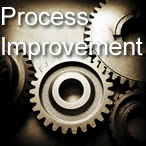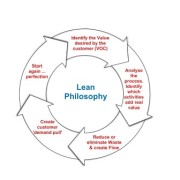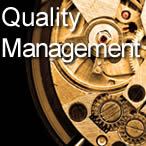Strategy is About Choices – Make the Right Ones
Why is it that people can give more thought to a fishing expedition than they do their business?
If you want the best chance of catching fish you go where the fish are and you use the most appropriate bait. Good fishermen (and women) research this before wetting a line. Poor fishers don’t. It’s the same in business. If you want to catch clients you have to be prospecting where your ideal client ‘hangs out’ and have the right bait – what will your target customer value? How will you deliver ‘gain’ or help reduce ‘pain’? It all comes down to strategy.

Every successful business, large and small has a strategy. A strategy is a means of giving clarity, focus and direction to your business, and to your staff. Working to a strategy helps ensure that your time, resources and actions are not wasted and you achieve the best returns on your investments. Read more →










